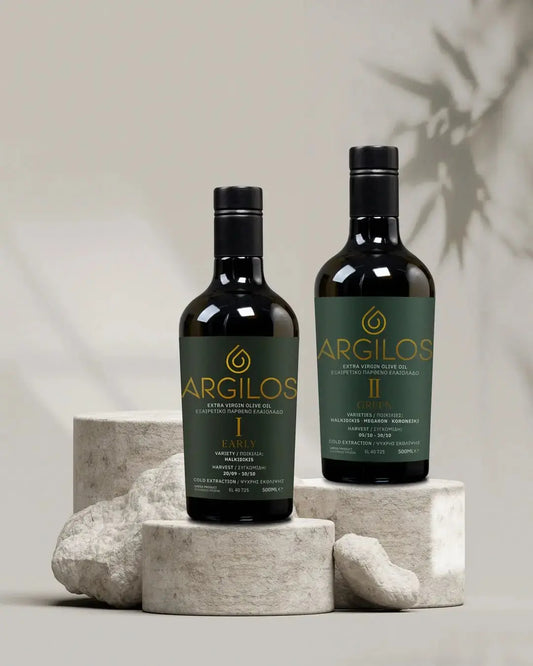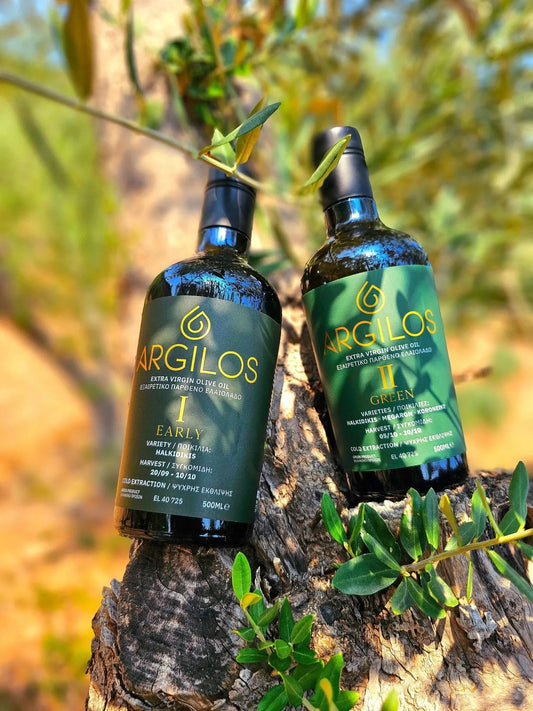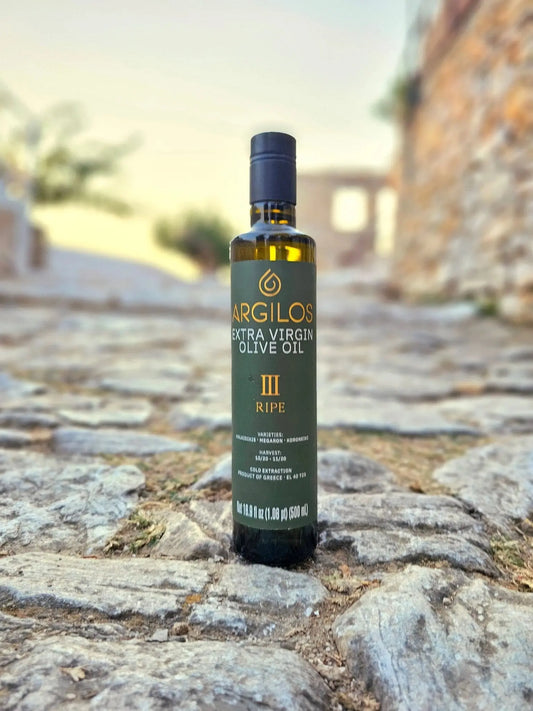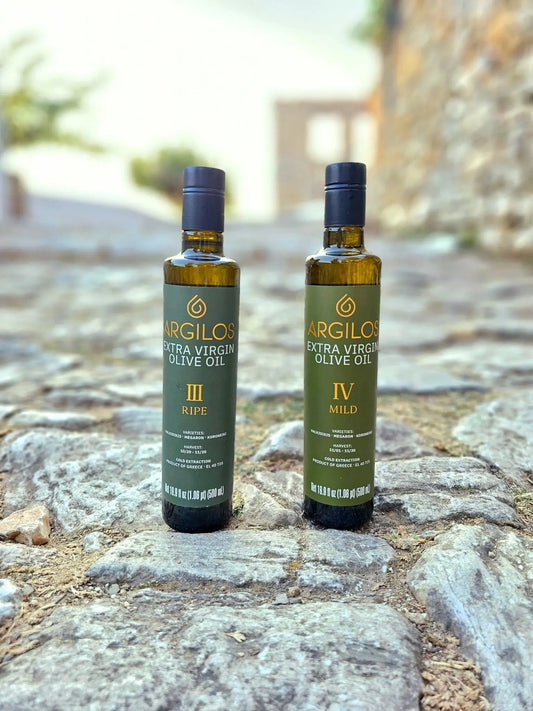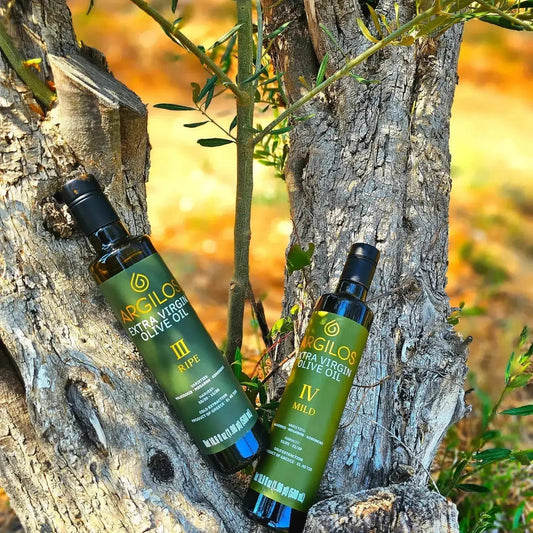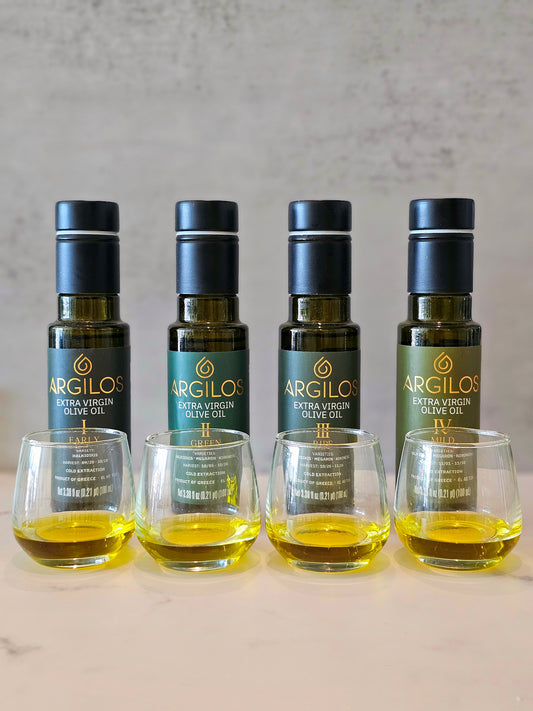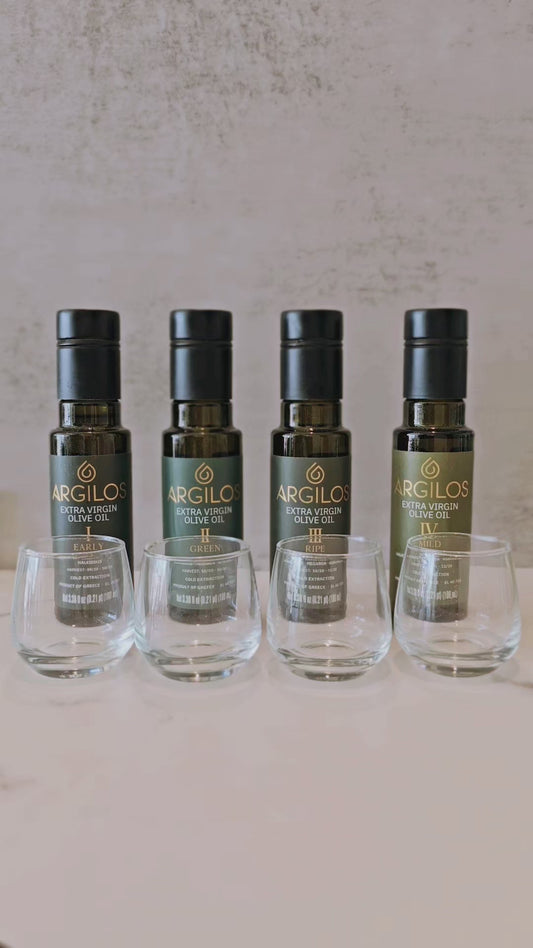In today's health-conscious world, managing cholesterol levels has become a priority for millions of people worldwide. While pharmaceutical interventions exist, nature offers a powerful ally in the fight against high cholesterol: extra virgin olive oil. This liquid gold from the Mediterranean has been scientifically proven to support cardiovascular health and help balance cholesterol levels naturally.
Understanding Cholesterol: The Good, The Bad, and The Balance
Cholesterol is a waxy, fat-like substance found in every cell of your body. While often vilified, cholesterol is essential for producing hormones, vitamin D, and substances that help digest food. However, the key to health lies in maintaining the right balance between different types of cholesterol:
- LDL (Low-Density Lipoprotein): Often called "bad" cholesterol, high levels can lead to plaque buildup in arteries
- HDL (High-Density Lipoprotein): Known as "good" cholesterol, it helps remove LDL from your bloodstream
- Total Cholesterol: The overall amount of cholesterol in your blood
- Triglycerides: Another type of fat in the blood that can increase heart disease risk
The American Heart Association recommends keeping total cholesterol below 200 mg/dL, with LDL below 100 mg/dL and HDL above 60 mg/dL for optimal cardiovascular health.
The Mediterranean Secret: How Olive Oil Impacts Cholesterol
For centuries, Mediterranean populations have enjoyed remarkably low rates of heart disease despite consuming diets relatively high in fat. The secret? Extra virgin olive oil (EVOO), a cornerstone of the Mediterranean diet.
The Science Behind Olive Oil's Cholesterol-Lowering Effects
Extra virgin olive oil contains a unique combination of beneficial compounds that work synergistically to improve cholesterol profiles:
Monounsaturated Fatty Acids (MUFAs): EVOO is rich in oleic acid, a monounsaturated fat that has been shown to reduce LDL cholesterol while maintaining or even increasing HDL cholesterol levels. Studies indicate that replacing saturated fats with MUFAs can reduce total cholesterol by 10-15%.
Polyphenols and Antioxidants: High-quality extra virgin olive oil contains powerful antioxidants like hydroxytyrosol and oleuropein. These compounds prevent the oxidation of LDL cholesterol, a critical step in the development of atherosclerosis. Research published in the European Journal of Clinical Nutrition found that polyphenol-rich olive oil significantly reduced oxidized LDL levels.
Anti-Inflammatory Properties: Chronic inflammation contributes to cholesterol problems and cardiovascular disease. Oleocanthal, a natural compound in EVOO, has anti-inflammatory effects similar to ibuprofen, helping reduce inflammation throughout the cardiovascular system.
Clinical Evidence: What Research Tells Us
Multiple large-scale studies have confirmed olive oil's cholesterol-balancing benefits:
- The landmark PREDIMED study, involving over 7,400 participants, found that a Mediterranean diet supplemented with extra virgin olive oil reduced cardiovascular events by 30% compared to a low-fat diet
- A meta-analysis published in the Journal of Nutrition examined 32 studies and concluded that olive oil consumption significantly reduces total cholesterol, LDL cholesterol, and triglycerides
- Research in the journal Nutrients demonstrated that consuming 25-50ml (approximately 2-4 tablespoons) of extra virgin olive oil daily can improve cholesterol ratios within just a few weeks
Not All Olive Oils Are Created Equal
To maximize cholesterol-lowering benefits, quality matters immensely. Extra virgin olive oil—especially early harvest varieties—contains significantly higher levels of beneficial polyphenols compared to refined or lower-grade olive oils.
What Makes Greek Extra Virgin Olive Oil Special?
Greek olive oil, particularly from regions like Crete and the Peloponnese, is renowned for its exceptional quality and health benefits:
- Higher Polyphenol Content: Greek varieties like Koroneiki olives produce oil with polyphenol levels often exceeding 250 mg/kg, well above the minimum threshold for health claims
- Early Harvest Tradition: Greek producers often harvest olives earlier in the season, resulting in oil with maximum antioxidant content
- Traditional Production Methods: Cold-pressing and minimal processing preserve the oil's beneficial compounds
- Ideal Growing Conditions: Greece's Mediterranean climate and mineral-rich soil produce olives with optimal nutritional profiles
How to Incorporate Olive Oil for Cholesterol Management
To harness olive oil's cholesterol-balancing power, consider these evidence-based recommendations:
Daily Intake Guidelines
- Consume 2-4 tablespoons (25-50ml) of extra virgin olive oil daily
- Use it as your primary cooking fat, replacing butter, margarine, and other oils
- Drizzle over salads, vegetables, and whole grains
- Take a tablespoon on an empty stomach in the morning for maximum absorption
Best Practices for Maximum Benefits
Storage: Keep olive oil in a dark, cool place away from heat and light to preserve its antioxidants. Use within 12-18 months of harvest date for optimal potency.
Cooking Temperature: While EVOO has a smoke point of around 375°F (190°C), it's best used for low to medium-heat cooking or as a finishing oil to preserve its delicate polyphenols.
Combination with Other Heart-Healthy Foods: Pair olive oil with vegetables, legumes, whole grains, and fish for synergistic cardiovascular benefits.
Beyond Cholesterol: Additional Cardiovascular Benefits
While cholesterol management is crucial, extra virgin olive oil offers comprehensive cardiovascular protection:
- Blood Pressure Reduction: Studies show EVOO can lower both systolic and diastolic blood pressure
- Improved Endothelial Function: The inner lining of blood vessels functions better with regular olive oil consumption
- Reduced Blood Clotting: Olive oil helps prevent excessive platelet aggregation
- Better Blood Sugar Control: EVOO improves insulin sensitivity and glucose metabolism
A Holistic Approach to Cholesterol Management
While extra virgin olive oil is a powerful tool, it works best as part of a comprehensive lifestyle approach:
- Follow a Mediterranean-style diet rich in fruits, vegetables, whole grains, and lean proteins
- Engage in regular physical activity (at least 150 minutes of moderate exercise weekly)
- Maintain a healthy weight
- Avoid smoking and limit alcohol consumption
- Manage stress through mindfulness, meditation, or yoga
- Get adequate sleep (7-9 hours nightly)
Conclusion: Embrace the Mediterranean Tradition
The evidence is clear: extra virgin olive oil, particularly high-quality Greek varieties, offers a natural, delicious, and scientifically-validated approach to balancing cholesterol levels and protecting cardiovascular health. By incorporating this ancient superfood into your daily routine, you're not just following a trend—you're embracing a time-tested tradition backed by modern science.
Remember, consistency is key. Making extra virgin olive oil a staple in your diet, combined with other healthy lifestyle choices, can lead to significant improvements in your cholesterol profile and overall heart health within weeks to months.


